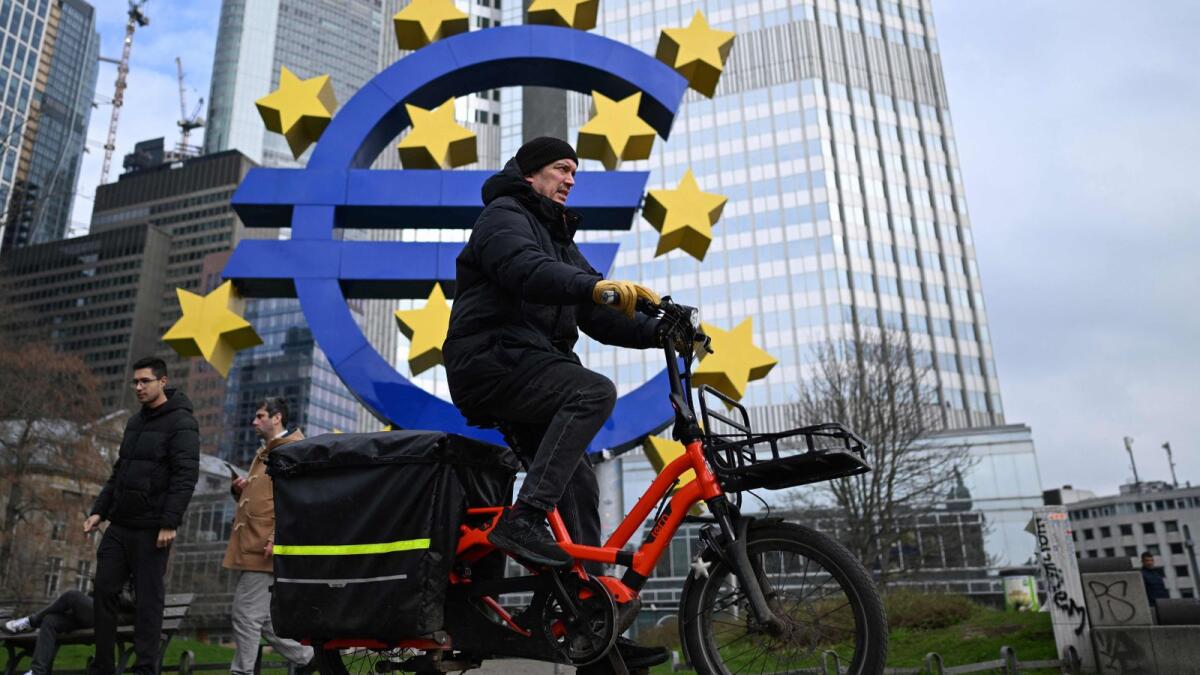The eurozone’s annual inflation rate reached its lowest level in three and a half years in September, dropping below the European Central Bank’s target of two per cent. Year-on-year, consumer price increases slowed to 1.8 per cent, compared to 2.2 per cent in August, primarily due to falling energy costs. Core inflation, which excludes volatile prices of energy, food, alcohol, and tobacco, dipped slightly to 2.7 per cent in September.
Christine Lagarde, the ECB’s chief, announced that the rate-setters will consider the new inflation data in their upcoming monetary policy meeting in October. The possibility of a rate cut is heightened with the latest figures, adding to the two recent cuts in borrowing costs. Many experts now believe that a cut in rates will occur in October, despite initial predictions that it would happen in December.
The recent decrease in consumer price rises comes after a peak of 10.6 per cent in October 2022, following the significant increase in energy costs linked to Russia’s invasion of Ukraine. While the bank previously focused on combating high inflation by raising rates, the current concern lies in the weak growth environment. The ECB revised down its growth forecast from 0.9 per cent to 0.8 per cent this year.
With a decline in energy prices by 6.0 per cent in September, compared to a 3.0 per cent drop in August, the inflation rate is expected to pick up in the fourth quarter temporarily. However, Lagarde emphasized that there is confidence in the inflation returning to target soon. Services inflation slowed to four per cent in September, down from 4.1 per cent in August. Meanwhile, food and drinks prices saw a slight increase to 2.4 per cent in September.
In the Eurozone’s largest economies, Germany and France, consumer price increases fell below two per cent in September, reaching 1.8 per cent and 1.5 per cent respectively. Ireland recorded the lowest inflation rate in September across the eurozone at 0.2 per cent. Overall, with inflation below target and a weaker growth environment, the ECB is likely to consider another rate cut in October to stimulate economic activity and reach its inflation target.










